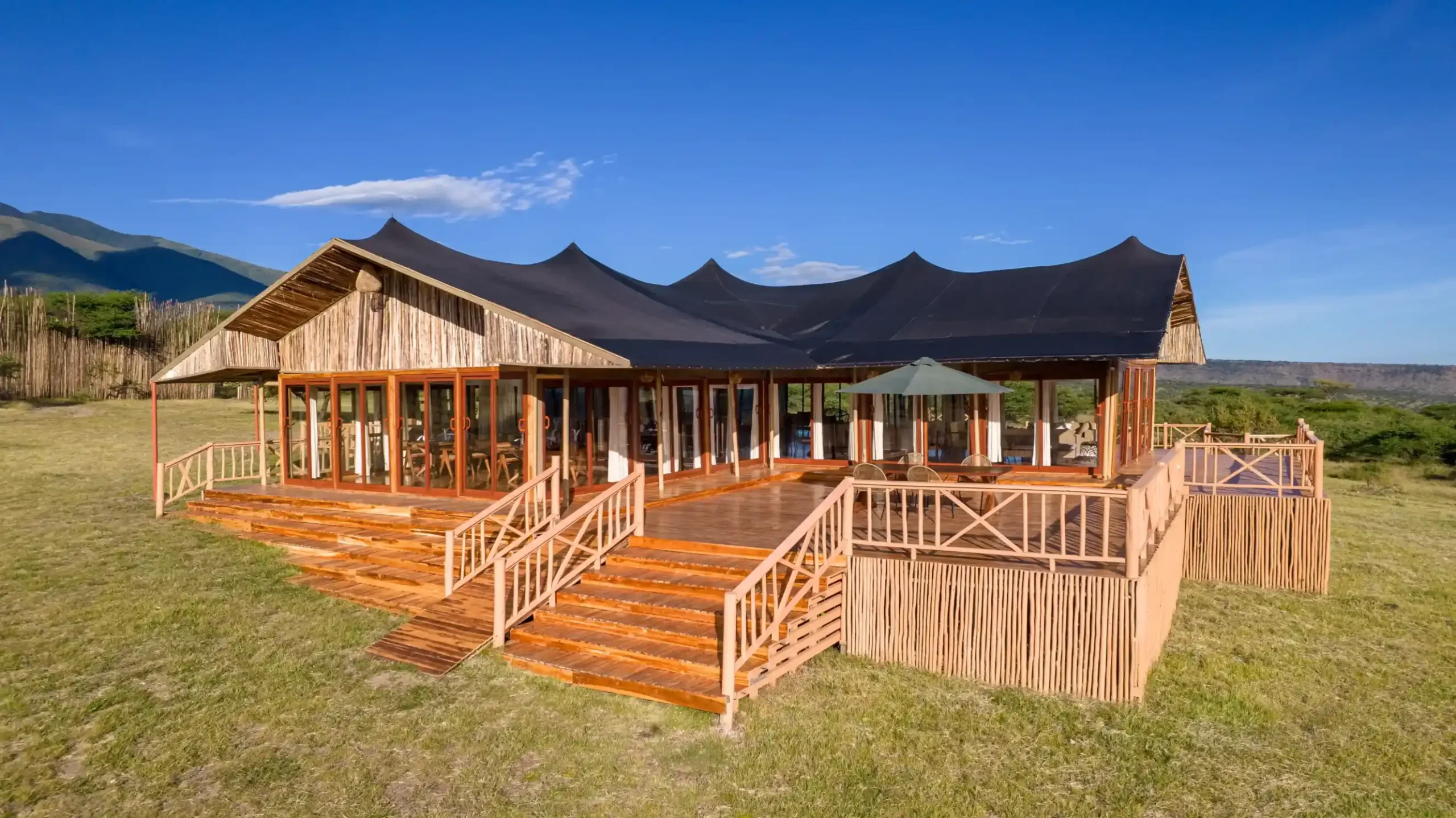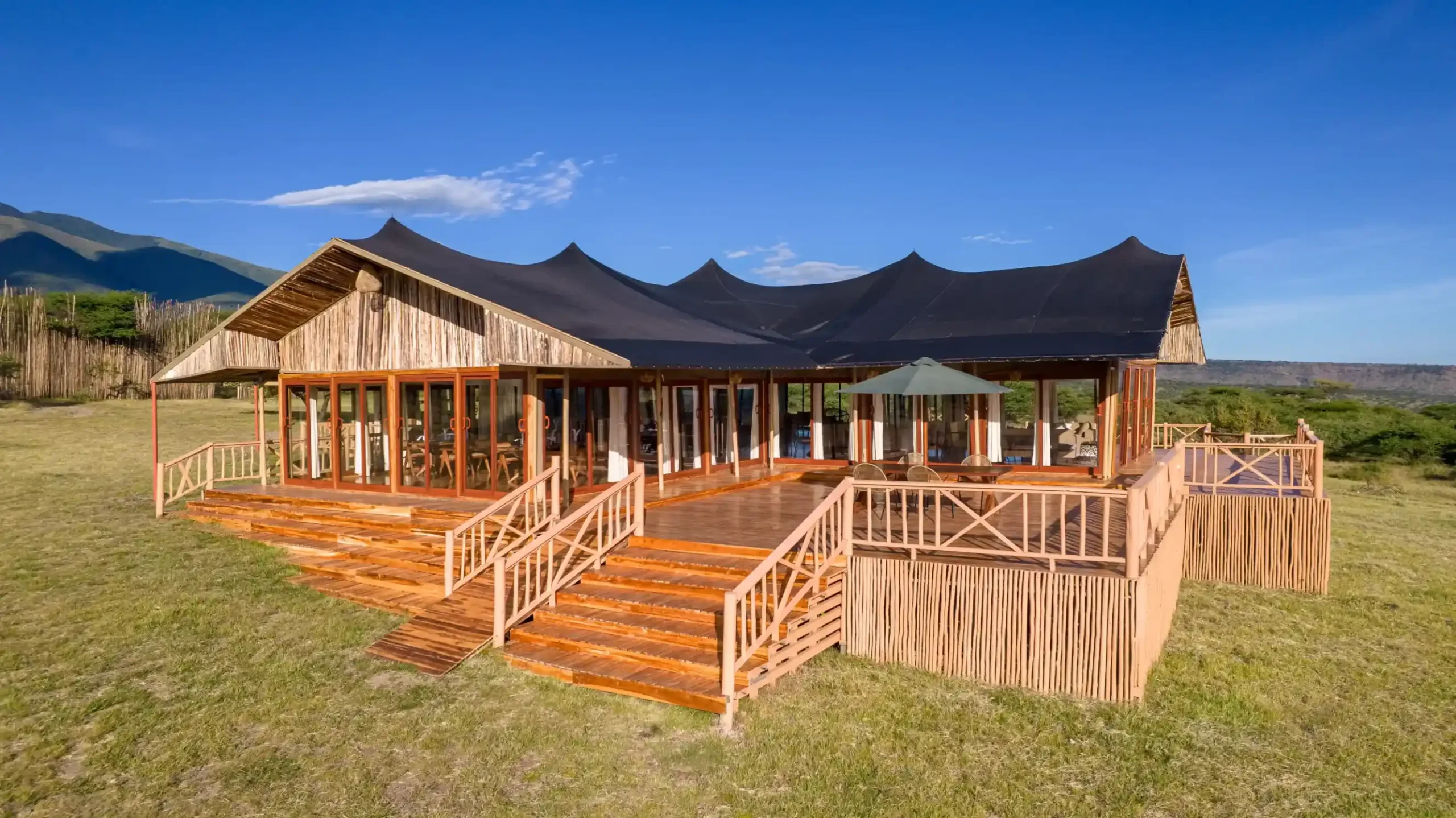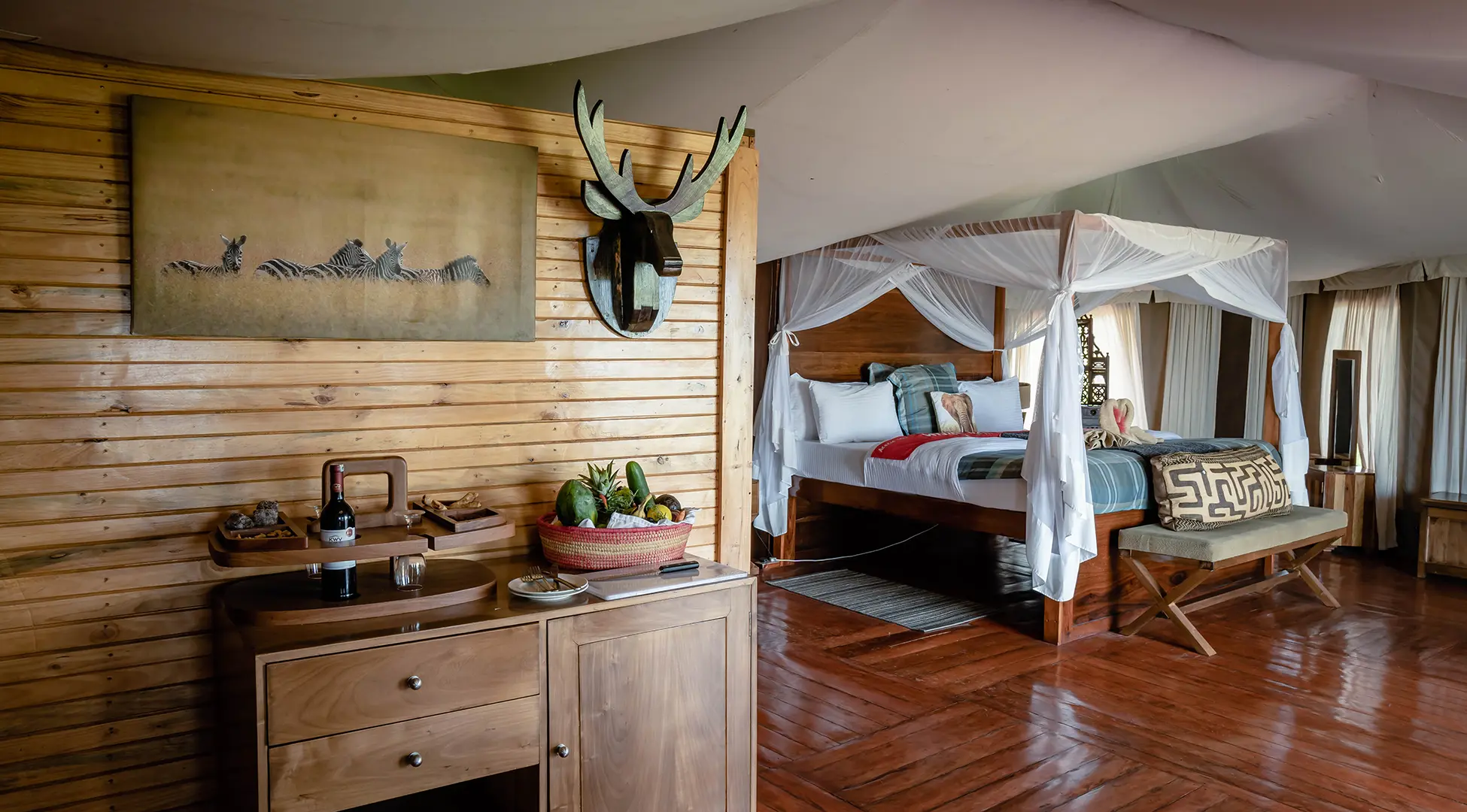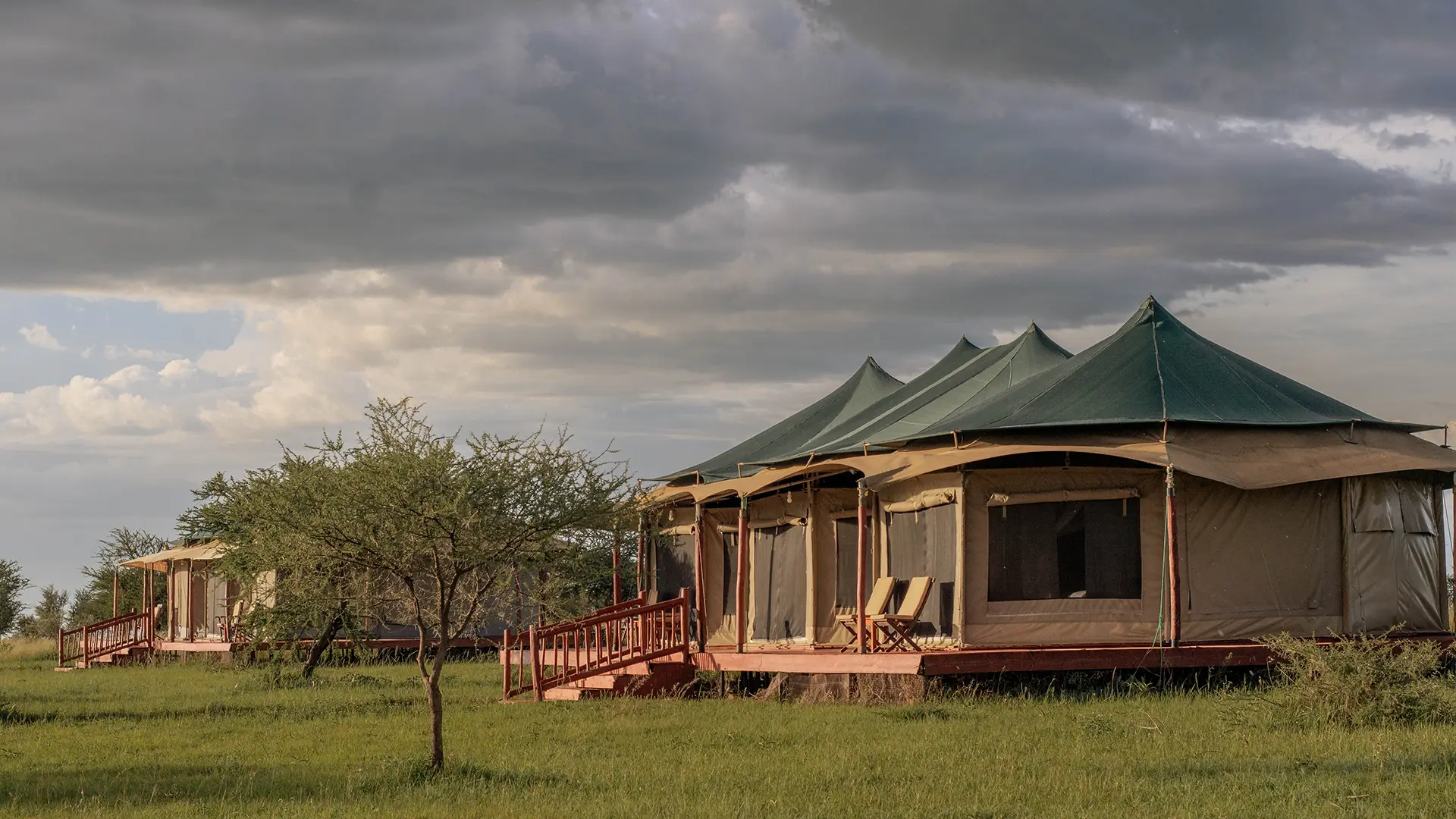Tanzania, with its breathtaking landscapes and diverse wildlife, has long been a prime destination for safari enthusiasts. As the world becomes more conscious of environmental impacts, Tanzania is following suit by embracing sustainable tourism practices. Across the country, eco-friendly lodges are helping to reduce the environmental footprint of tourism, providing a more responsible way for travelers to experience its natural wonders.
Why Eco-Friendly Lodges Matter in Tanzania
As Tanzania’s tourism industry grows, more lodges and camps are integrating eco-friendly initiatives into their operations. From solar-powered energy systems to sustainable waste management, these lodges are dedicated to reducing their carbon footprint while preserving the region’s unique wildlife and ecosystems.
While countries like Botswana and Kenya have been leading the charge in eco-tourism, Tanzania is increasingly joining the ranks of destinations that offer sustainable accommodations. This shift towards eco-conscious lodges allows travelers to enjoy Tanzania’s extraordinary landscapes, from the Serengeti to Ngorongoro, without compromising the environment.
Sustainable Practices in Tanzania’s Lodges
Many of Tanzania’s lodges are embracing solar energy to power their operations. Solar-powered accommodations offer a way to provide modern comforts—such as hot water, lighting, and electricity—without relying on non-renewable energy sources. These lodges help lower carbon emissions and minimize the environmental impact of tourism.
Moreover, waste management plays an essential role in these eco-conscious lodges. Efforts to reduce, reuse, and recycle waste materials are becoming common practices in remote safari camps and lodges, where managing waste can otherwise be a challenge. In some areas, organic waste is composted and used for enriching the soil, while other waste is properly sorted and disposed of.
Supporting Local Communities and Conservation
Sustainable tourism doesn’t just benefit the environment—it also supports the local communities. Many lodges source their food and materials from local suppliers, boosting the economy in rural areas. Moreover, by hiring local guides and staff, these properties create jobs and provide income for Maasai and other local communities.
Additionally, eco-friendly lodges in Tanzania are committed to supporting wildlife conservation efforts. By choosing to stay at sustainable lodges, travelers help ensure that revenue generated from tourism is directed back into conservation initiatives, protecting endangered species and their habitats. These efforts help preserve the Serengeti’s lions, black rhinos, and other iconic African wildlife, which face challenges from poaching and habitat destruction.
Why Choose Eco-Friendly Accommodations?
Opting for eco-friendly lodges during your trip to Tanzania offers many benefits, both for travelers and the environment. Not only do these lodges provide a luxurious and authentic safari experience, but they also ensure that your stay supports the protection of the country’s wildlife and natural resources.
By staying at an eco-conscious property, you contribute to reducing carbon emissions, help protect endangered species, and support the local economy. This provides a more meaningful and responsible travel experience, ensuring that Tanzania’s wilderness remains preserved for future generations to enjoy.
Tanzania’s Growing Commitment to Sustainability
As eco-tourism continues to grow in Tanzania, the country is increasingly focusing on sustainable tourism practices. Tanzania has long been known for its incredible biodiversity and stunning landscapes, and now, more than ever, it is working to integrate these natural resources with sustainable tourism.
While Tanzania is still working towards matching the sustainability efforts of other African countries like Botswana, it is clear that the move towards eco-conscious travel is gaining momentum. With solar-powered lodges, waste management initiatives, and community-based tourism programs, Tanzania is positioning itself as a responsible destination for those looking to explore the wild heart of Africa.
Looking Ahead: Tanzania’s Path Toward Sustainable Tourism
Tanzania is embracing sustainable tourism through the adoption of eco-friendly practices, and travelers are increasingly able to experience the country’s stunning wildlife and landscapes while minimizing their environmental impact. By choosing to stay at eco-conscious lodges, you contribute to the ongoing efforts to preserve Tanzania’s wildlife and natural beauty, while supporting local communities and conservation initiatives.
As the country continues to develop its eco-tourism sector, Tanzania remains a prime destination for travelers who want to explore Africa responsibly and sustainably.



